Africa today is in transition. Blessed with explosive economic growth, millions are beginning to enjoy material benefits that they could never have before imagined. At the same time, however, they are facing new dangers brought on by changes in diet and lifestyle – high blood pressure, strokes and cardio-vascular diseases to mention just a few – but without the sophisticated medical help that we in the developed west can depend on.
Karen Yeates is working to overcome that. Trained as a nephrologist (a specialist in kidney diseases), the Queen’s University professor and co-director of the medical school’s Office of Global Health, Yeates is developing low-cost, effective and technically simple ways to combat diseases that, if left untreated, will kill far more people than HIV has.
Thanks to a grant from Grand Challenges Canada, Yeates, whose interest in African health dates back to 2006, has been able to develop a novel program to screen women in remote parts of Tanzania using what she calls "cervitography." Local health care workers snap photographs of women’s cervixes using cell phones, then relay the images to distant nurses. "To a trained eye," says Yeates, "it is almost as good as a pap smear." Yeates is also involved in a similar project to monitor high blood pressure – a Bluetooth-enabled cuff that lets local health care workers – midwives, birth attendants and the like – monitor blood pressure, and share it with distant experts who can suggest effective low-cost treatments, all without a doctor’s direct involvement.
Juggling her work as a clinician and professor at Queen's and visiting Tanzania up to five times a year is demanding, but says Yeates, "Queen’s support and commitment to me has allowed me to do this."

